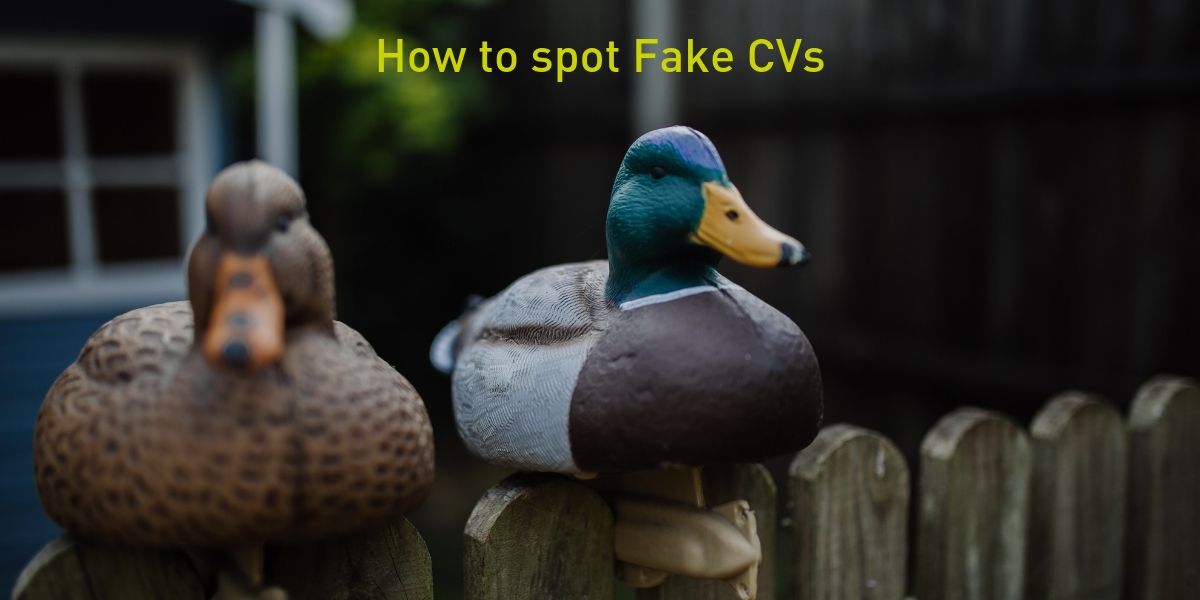
TTC wetranslate receives hundreds of CVs each month, and only around 5% are genuine ones…
Whether you are a freelance translator or working for a translation agency, you need to be aware of the scammers in the industry.
Scammers steal professional translators’ CVs usually by claims of `marketing their CVs` or `offering to work as a mediator between freelancers and translation companies`. They can steal the CVs from online platforms such as ProZ as well. They modify the CVs (sometimes they even don’t!) and they spam translation companies sending applications by using different email addresses. It’s highly likely that you will receive a Google translation or no translation at all if you happen to place a job with these scammers. And they want to be paid by unidentified PayPal addresses so that you cannot trace them.
TTC wetranslate’s Vendor Management Department carries out a strict screening process for freelancer applications Here are some ways you can look out for fake CVs if you’re dealing with translator applications:
- Do an initial search on the internet. You can search the email address in the Translator Scammers Directory or simply search on Google to see if they have been reported previously.
- If they don’t come up in the search, there is a chance they have just opened a new email account.
- See if the email address has unnecessary/random numbers or abbreviations in it, e.g. example.91trans@google.com or example.example.lang.01@gmail.com – They are not always creative when opening new email accounts.
- See if the recipient is you – you will usually see `undisclosed recipients` in `To` field of the email because they send the same email to many translation companies.
- Look out for formatting issues, spelling or punctuation mistakes in their CVs or emails. They are usually full of it.
- See if the email address in the CV matches the email itself because they open email accounts so often that they forget to change the one in the fake CV!
- They offer very low rates or extremely high daily capacity.
If you are a freelance translator, a couple of ways to protect yourself can be not publishing your CV in online platforms such as ProZ and not collaborating with people who offer to `market` your CV.
In case you receive scammer emails you can report the email addresses to Translator Scammers Directory so that people can be informed about them in the future. If you notice the scammer is using the real name of the original translator, you can try to get in touch and inform them about their stolen CV.
Pelin Goymen Yatar, TTC wetranslate’s Vendor Manager

